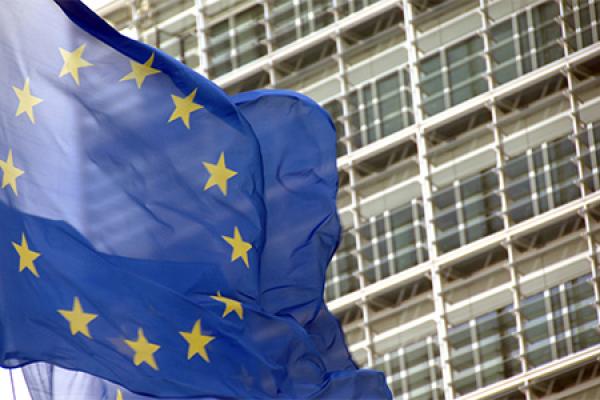All cooperation programmes must respect the ‘Guidelines on the eligibility of Israeli entities and their activities in the territories occupied by Israel since June 1967’ published in the Official Journal of the European Union on 19 July 2013.
Israel is part of the European Neighbourhood Policy and, due to its advanced level of economic development, receives funds from the Neighbourhood, Development and International Cooperation Instrument (NDICI) that are predominantly used for the implementation of institutional twinning projects.
Through the twinning tool, the EU supports the approximation of Israeli norms and standards in public administration to those of the EU and offers the opportunity to share best European practice in numerous areas. The EU contribution to twinning in Israel averages €1.8 million per year. On-going twinning projects take place in the areas of waste management, energy, children out of home and support to the national qualifications framework (NQF).
Israeli civil society organisations are also eligible for funding under the European Instrument for Democracy and Human Rights, which aims at providing support to civil society initiatives that promote human rights, the rule of law and democracy. In 2020, projects worth a total of €1.2 million were financed according to the priorities outlined in the human rights country strategy.
In addition, Israel participates in the Erasmus+ programme for education, training, youth and sport, which funds academic and youth mobility as well as cooperation projects throughout the world. Under this programme, 9,592 Israeli students, professors and university staff travelled to Europe and 7,481 European counterparts travelled to Israel between 2015 and 2022.
Israel is also a full partner in the Horizon 2020 Research Programme, and benefitted from projects worth close to €170 million per year in the period 2017-2020. Since December 2021, it signed an Association Agreement to participate in the Horizon Europe Programme.




